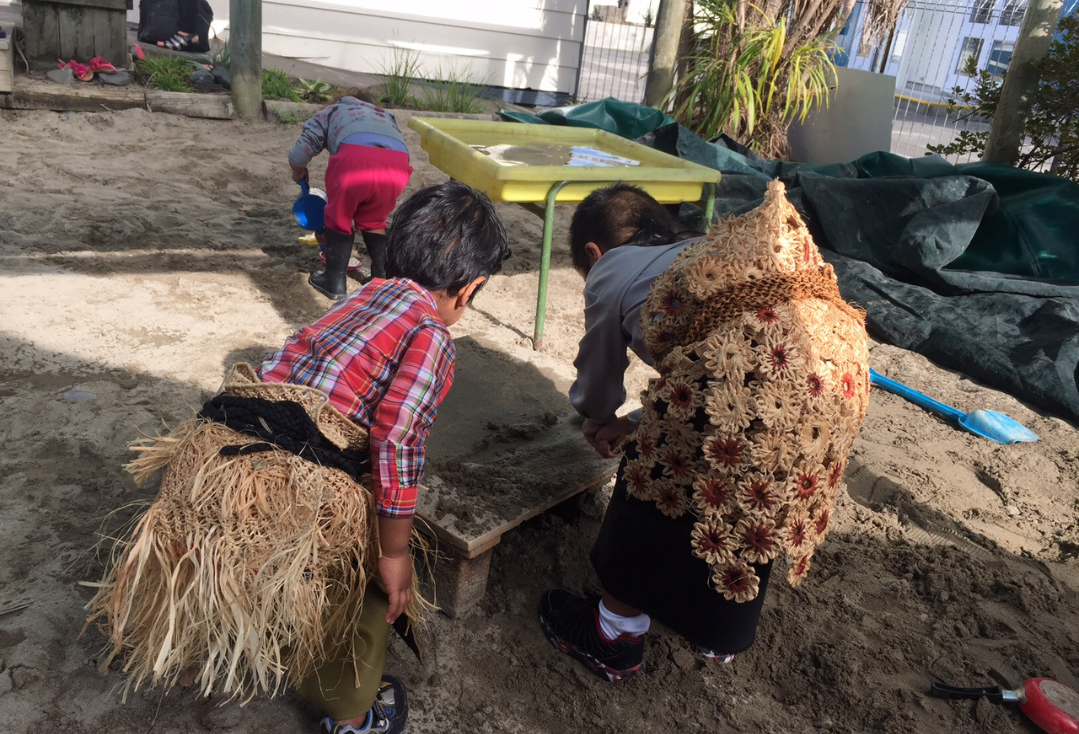You have accessed a restricted section of the website. Please enter your username and password to continue.

Dramatic play is more than just fun and imagination; it's a vital part of a young child’s emotional growth. When children engage in pretend scenarios and role-play different characters, they’re exploring their feelings, building empathy, and learning how to express emotions in safe and healthy ways. Here are the top benefits of family and dramatic play:
1. Boosting creativity
It encourages children to use their imagination, adopt different roles, solve problems creatively, express themselves emotionally, and develop their language and social skills. This type of play allows children to create and explore imaginary scenarios, fostering flexible and original thinking.
2. Enhancing coordination
Dramatic play enhances children's coordination by engaging them in activities that develop both fine and gross motor skills, along with balance and spatial awareness. Handling small props hones their fine motor skills, while larger movements improve gross motor abilities. This playful practice in navigating space and maintaining balance contributes significantly to their overall physical coordination.
3. Elevating communication skills
It elevates communication skills in young children by providing them with opportunities to express themselves, articulate their thoughts and ideas, listen to others, and engage in back-and-forth dialogue within various imaginative scenarios. This playful interaction helps to expand their vocabulary, improve their sentence structure, and enhance their overall verbal and non-verbal communication skills.
4. Maths learning
In dramatic play, tamariki develop maths skills by doing activities that involve counting, recognising numbers, performing basic mathematical operations, understanding patterns and sequences, and solving mathematical problems. For example, they may count items in a pretend store, identify numbers on play money, share toys which introduce them to addition and subtraction, create patterns with play dishes, and tackle math-related challenges that require problem-solving. These playful interactions make learning math concepts enjoyable and accessible, fostering foundational maths skills in a natural and immersive way.
5. Developing focus
Children develop the ability to focus by engaging in immersive and meaningful activities that capture their interest. As they take on roles and navigate through various scenarios, they learn to sustain attention, follow a storyline, and concentrate on their interactions and responses. This practice of staying engaged in an activity for an extended period enhances their attention span and ability to focus.
6. Nurturing social skills
By providing children with opportunities to interact, communicate, and collaborate with peers, they learn to negotiate roles, resolve conflicts, and understand different perspectives. This enhances their empathy, cooperation, and ability to form positive relationships. They can develop and hone essential social skills in a natural and enjoyable way through dramatic play.
https://www.pennfoster.edu/blog/benefits-of-dramatic-play-in-ece
The Impact of Dramatic Play in Early Childhood Education